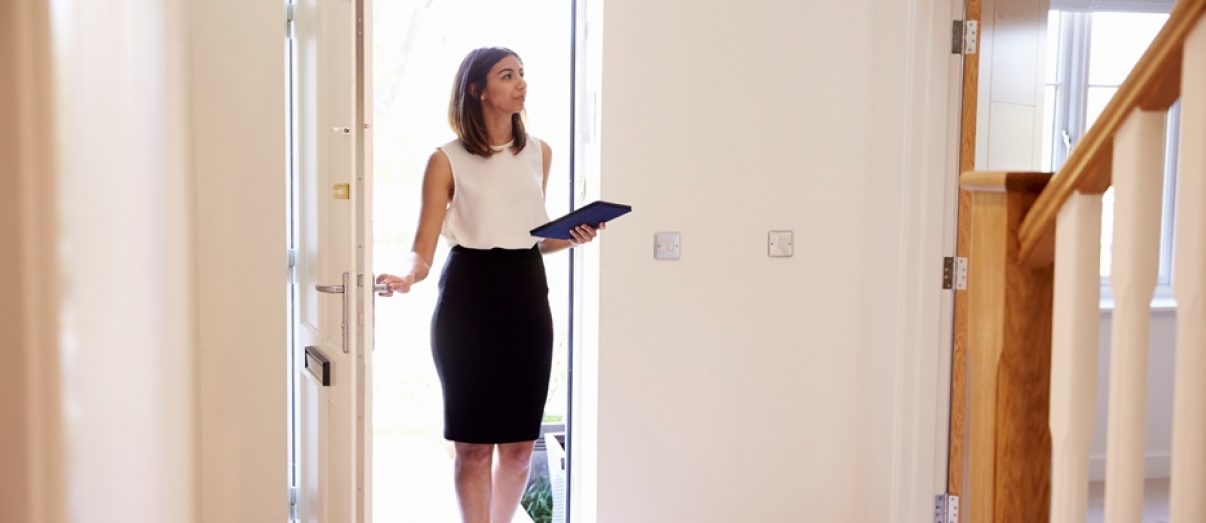Buying a second home?
You’ve just purchased your dream home, and are in the position to hold onto your first home as a rental property. Congratulations! Owning two properties is a great financial achievement. But before you pop open the champagne, there are some key items that need to be discussed and considered with your tax adviser to ensure you are optimising your investments.
The finance
This needs to be setup correctly to maximise your tax deductions.
You now have 2 loans to service – one for your rental property, and one for your new main residence. The interest on your rental property loan is tax deductible. The interest on the home you live in is not. So you want to maximise the interest on your rental property, and minimise the interest on your main residence which means paying down the loan on the main residence first. This is a common strategy and can be beneficial if you have the right structure in place.
Who should be the legal owner of the property?
In order to maximise your tax advantage from a negatively geared rental property, in most cases the highest income earner of your household is the legal owner. The tax loss made from owning a rental property can be used to lower your taxable income, meaning that within the constraints of the law it is possible that you end up paying less tax.
The other consideration is asset protection. If you feel you are in a high risk profession and could potentially be sued personally if something goes wrong, you may not want to own the property in your own name. You may consider transferring ownership to your spouse or another related entity exposed to lower or no risk, however this will likely incur stamp duty so make sure you seek advice before taking any action.
Maximising your tax deductions
Apart from claiming the interest on your rental property loan, there are other expenses you should be claiming as tax deductions. These include the costs of owning the property such as land tax, council rates, body corporate fees, and costs of maintaining the property.
You may want to consider getting a depreciation schedule prepared by a quantity surveyor. Generally the newer the property, the higher the depreciation deduction will be. The quantity surveyor’s fee is tax deductible, and often the tax savings in the first year will cover the fee.
Capital Gains Tax
Capital gains tax will not be payable until you sell the rental property. As you have lived in the rental property up until you acquired your new home, you will not have to pay tax on the entire ‘profit’ you have made on the property over the years.
The capital gain is calculated by taking the amount that you sell the property for, and subtracting the market value of the property at the time you acquire your new main residence. You will need to get a market valuation for the property at that specific date.
If you have any queries about tax structures, optimising your tax position or refinancing your loans, have a no-obligation chat with a DPM Consultant to discuss your personal situation.
I need some advice
* The information contained in this site is general and is not intended to serve as advice. DPM Financial Services Group recommends you obtain advice concerning specific matters before making a decision.





